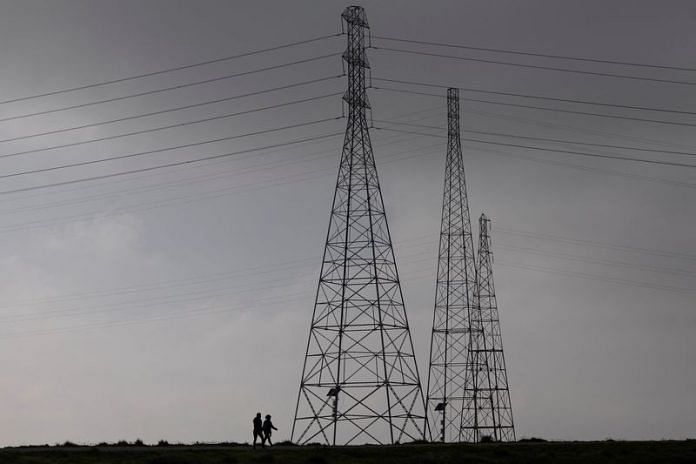(Reuters) – The Federal Energy Regulatory Commission on Thursday recommended revising reliability standards for power grid and natural gas infrastructure to avoid issues during extreme weather, as part of findings from a report on winter storm Elliott in 2022.
Elliott brought sub-freezing temperatures and extreme weather alerts to about two-thirds of the United States, causing unplanned electricity generation supply losses
The report, to be published later this year, outlines 11 recommendations for action to help prevent similar occurrences during future extreme winter weather.
FERC said the report recommends completing cold weather reliability standard revisions from Winter Storm Uri in 2021 – which resulted in the largest controlled blackout in U.S. history – and making U.S. natural gas infrastructure more reliable.
“Some recommendations from the 2021 Uri report are still not implemented… It shouldn’t take five winter storms in 11 years to show us the gravity of the situation we find ourselves in,” FERC Chairman Willie Phillips said.
The recommendations also include robust monitoring of implementation of the reliability standards.
They also urge the North American Energy Standards Board to organize a meeting involving gas, electric grid operators and gas distribution companies to improve communication during severe cold weather incidents to boost awareness throughout the natural gas supply chain.
The FERC report also said congressional and state legislation or regulation is needed to establish reliability rules for natural gas infrastructure.
A joint inquiry led by FERC and NERC into the power outages and rolling blackouts during winter storm Elliott in December 2022 found cold weather caused unplanned electric generation supply losses exceeding 90,000 megawatts (MW).
(Reporting by Sherin Elizabeth Varghese in Bengaluru, editing by Deepa Babington)
Disclaimer: This report is auto generated from the Reuters news service. ThePrint holds no responsibilty for its content.



